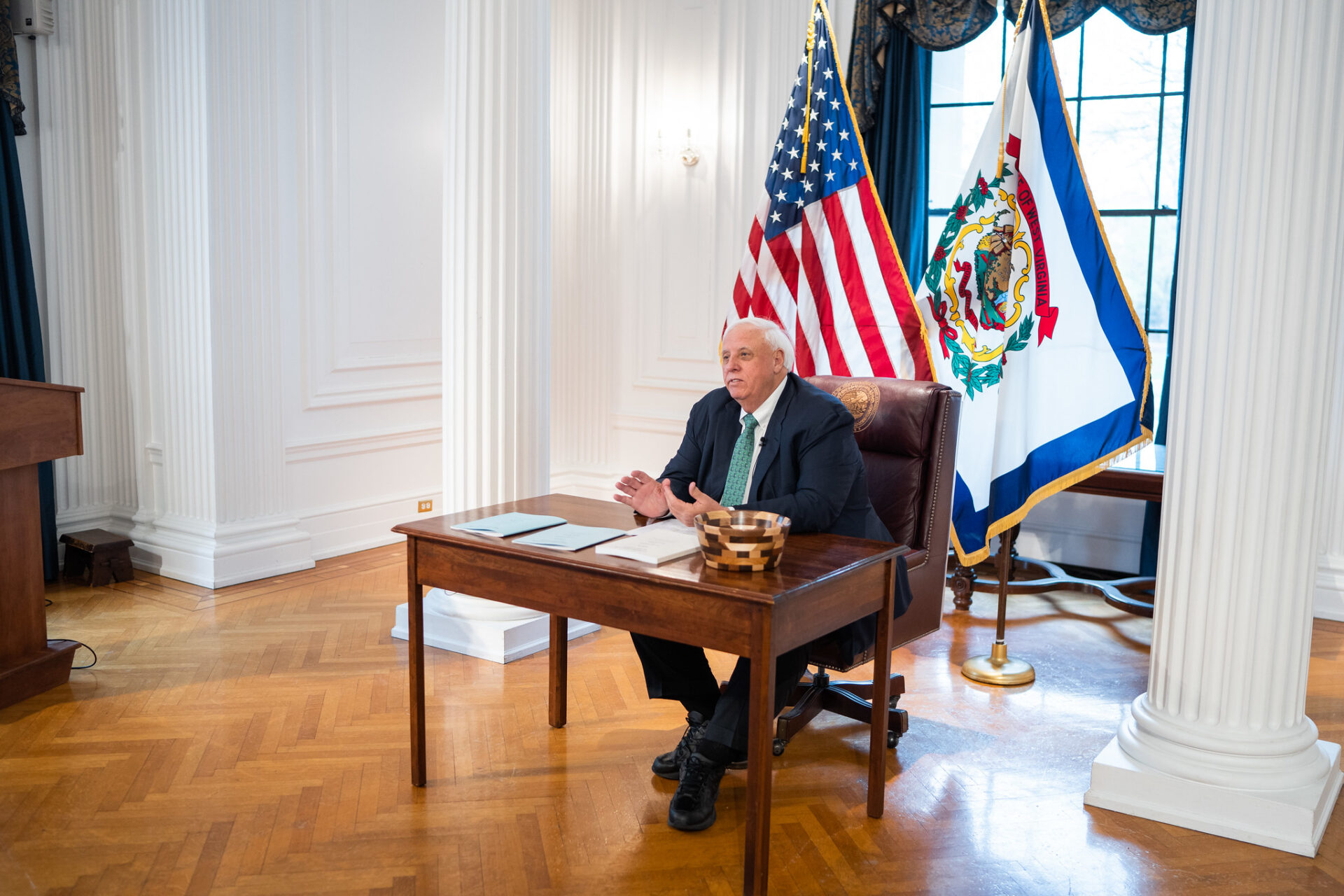A company owned by Gov. Jim Justice owes an offshore investment firm millions and it’s seeking to collect payment.
Caroleng Investments, based in the British Virgin Islands, went to the U.S. District Court in the Western District of Virginia to seek repayment of more than $10 million, plus interest, from Bluestone Resources.
Bluestone, based in Roanoke, Virginia, is one of the numerous companies listed on the disclosure form Justice files annually to the West Virginia Ethics Commission, and earlier this week appeared on his U.S. Senate candidate disclosure.
According to a filing this week, the offshore investment firm asked the court to authorize U.S. Marshals to seize Bluestone property to settle the debt, including a helicopter believed to be stored at the Roanoke Regional Airport.
The $10 million liability is not listed on Justice’s Senate disclosure form.
The governor owes other debts to states and the federal government.
In June 2021, the U.S. District Court in Delaware ordered Bluestone to pay the $10 million to Caroleng Investments. It also says that Bluestone owes 9 percent per year interest starting from May 13, 2020.
According to the filing this week in Virginia, Bluestone has not paid any of that amount.
